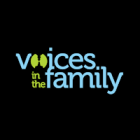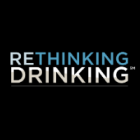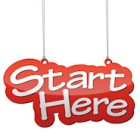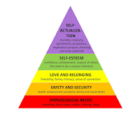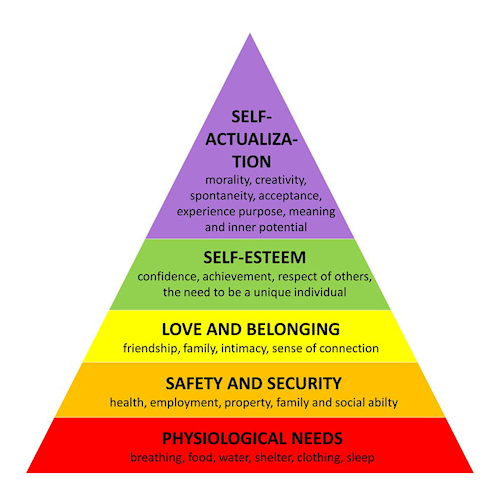Tag Archives:addiction
More Resources for Parents of People with Addiction share
 This month there is a very interesting article in Money Magazine, These Parents are Cutting Off Their Opioid Addicted Children: And it’s the Toughest Decision of their Lives by Kristen Bahler. It speaks to the very difficult choice many parents in this position face, financially. As with everything else, there is no singular path that people should follow in every situation. However , a lot of parents eventually come to a point where, partial, or even complete, withdrawal of financial support ultimately is the “right” answer.
This month there is a very interesting article in Money Magazine, These Parents are Cutting Off Their Opioid Addicted Children: And it’s the Toughest Decision of their Lives by Kristen Bahler. It speaks to the very difficult choice many parents in this position face, financially. As with everything else, there is no singular path that people should follow in every situation. However , a lot of parents eventually come to a point where, partial, or even complete, withdrawal of financial support ultimately is the “right” answer.
My training in substance abuse is limited, so I don’t recommend that you consider taking these steps without consulting with a substance abuse professional. Nevertheless, because of the pervasiveness of addiction in our culture, I still find myself working with people around these issues. It’s a tricky issue for parents and I can completely relate to the temptation to try to do what initially feels like being the most supportive parent you can be and then ultimately realizing that you are enabling your child’s unhealthy choices and behavior. I think it’s a normal process that most go through until they find a balance of what’s right for them.
One thing I will say, overall…I definitely recommend that setting financial boundaries, as well as personal ones, work best when framed in a firm yet loving/accepting way. This is a hard skill to learn. Therapists and support groups can provide guidance about how to do this. I also really like the CRAFT program, which I have written about, previously. The main reason I make this recommendation actually isn’t for the parents’ benefit, it’s for the addicted family member. It’s easier for people to step onto the challenging path towards recovery when they know that your love is, and will always be, there for them. Shame and humiliation only serves to make people feel worse about themselves and gives them more reason to avoid their feelings with intoxication. You have to walk the line of loving acceptance and logical boundaries. Remember, love doesn’t mean doing everything they expect of you.
There is one critical detail that I think a lot of parents, and even some professionals, overlook when parents are stuck in rescue mode. It’s important to understand that there is a subtle message that is communicated when we repeatedly bail out our kids, “I don’t think you are capable of solving this problem or even figuring out how to attempt to solve this problem,” and, “It’s my job to protect you from all of life’s stresses and discomforts.” The biggest problem with this underlying message is that everyone’s life involves being able to tolerate discomfort and solve problems. These are core life-skills that we all need to learn, one way or another, and the only way to do this is through uncomfortable experience, making mistakes, and becoming more skilled over time. This taps into my favorite thing to teach people about, having a Growth Mindset. I encourage you to check it out.
Getting back to the Money article, there are several resources listed that can be helpful to parents. I will link them here for your convenience.
- Parents of Addicted Loved Ones (PAL) – a faith-based network of parent-volunteer run support groups, including two weekly telephone groups if there isn’t an in-person group close to you. They have a specific, education driven series of presentations, and these resources are available on their website.
- Learn to Cope – online forum for family members of addicted loved ones.
- Substance Abuse and Mental Health Services Administration (SAMHSA) – a government website that, among tons of information and resources, includes several different 24/7 information and treatment referral hotlines.
- Al-Anon & Nar-Anon – volunteer, peer-run groups focusing on educating and supporting loved ones affected by addiction. Based on the 12-step model used by Alcoholics Anonymous/Narcotics Anonymous.
- Grief Recovery After Substance Passing – a community of support groups who have lost loved ones to addiction and overdoses.
The Opioid Epidemic—From The Headlines to Hope share
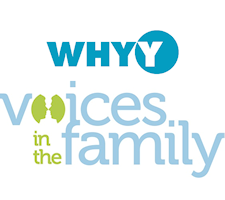
In this episode of Voices in the Family, so many different topics regarding our nation’s opioid crisis are touched on in a very thoughtful, research-based, helpful way. These include: personal stories of how some people fall into addiction; the vulnerability of the adolescent brain to addiction; grief and loss to addiction; how to cope with the issues that arise when you love someone with addiction; tips for what to do and not to when talking with a loved one who is addicted; the value of treating people as individuals, and effective modes of treatment. Lots of great stuff here.
Possible Trigger: I want people to know that parts of this episode could be very upsetting to some because there are people who have lost their loved one to addiction.
The Opioid Epidemic-from the headlines to hope : Voices in the Family : Health : WHYY
The news can sound dire. Opioid addiction is ruining families and taking lives at an ever increasing rate. In this roundtable discussion, Dr. Gottlieb brings together a clinician, researcher, family members and individuals in recovery to go beyond the headlines and look at what is working to bring addicts into treatment.
Rethinking Drinking share
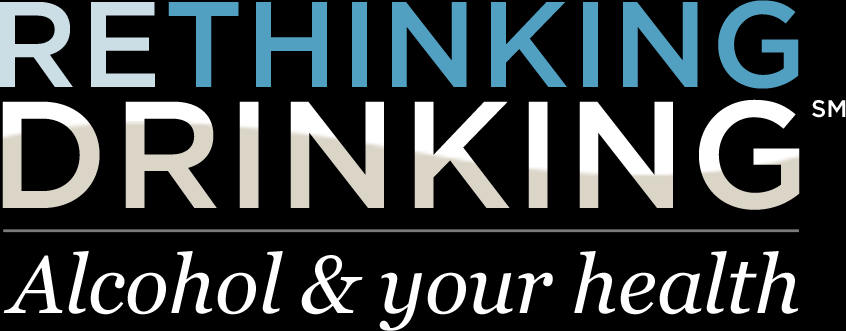 Have you wondered whether you might be drinking a bit too much? Maybe friends have started to suggest that it’s time to think about cutting back. This website, published by the National Institute of Health, provides research-based information that will help you learn more about whether your drinking is still in the safe zone or if it is starting to become a problem. Age, health status, gender are all things that can play a role in how much is too much or how often is too often.
Have you wondered whether you might be drinking a bit too much? Maybe friends have started to suggest that it’s time to think about cutting back. This website, published by the National Institute of Health, provides research-based information that will help you learn more about whether your drinking is still in the safe zone or if it is starting to become a problem. Age, health status, gender are all things that can play a role in how much is too much or how often is too often.
Te site helps you to do the math to see how your alcohol consumption compares to US citizens in general and identify whether you are at risk for problem drinking, If you decide that it’s time to cut back on your drinking, the website offers practical ways to in a way this doesn’t make you feel like a teetotaler but keeps your mental and physical health safer…and perhaps your sense of self-respect too. Bear in mind that for some people, alcohol is an all or nothing deal…one drink and the next thing you know, you’re in blackout. Resources are offered to get help, if you need to stop completely and are struggling to do so.
Community Reinforcement and Family Training (CRAFT) share
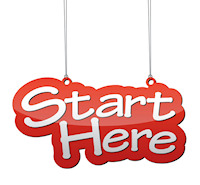 The CRAFT (Community Reinforcement and Family Training) program (briefly described in the video below) was created by the Center for Motivation and Change teaches people who love a person with an addiction how to walk the delicate balance of loving and accepting your loved one for the entirety of who they are right now, including their challenges, while at the same time, being able to have conversations with them that can gradually open their thinking to the possibility of deciding to make a change. It can also help you to “get off of the roller coaster” that addiction creates in people’s lives. You still have to struggle with the emotional pain of watching your loved one who is still on that roller coaster, but you can create a better life for yourself when you recognize what you can and can’t control. Check out their their 20-Minute Guide. This is a private business that I have no connection to. However, I think that what they have to offer is valuable.
The CRAFT (Community Reinforcement and Family Training) program (briefly described in the video below) was created by the Center for Motivation and Change teaches people who love a person with an addiction how to walk the delicate balance of loving and accepting your loved one for the entirety of who they are right now, including their challenges, while at the same time, being able to have conversations with them that can gradually open their thinking to the possibility of deciding to make a change. It can also help you to “get off of the roller coaster” that addiction creates in people’s lives. You still have to struggle with the emotional pain of watching your loved one who is still on that roller coaster, but you can create a better life for yourself when you recognize what you can and can’t control. Check out their their 20-Minute Guide. This is a private business that I have no connection to. However, I think that what they have to offer is valuable.
This model is based on the same science that has created a therapeutic approach called “Motivational Interviewing” that is used throughout the professional substance abuse field. It is a powerful tool that needs to be applied with patience and acceptance. It recognizes the reality that the person with the addiction is truly the only one that can decide to enter treatment and commit to the work that they need to do to stop their substance abuse. This is not a free service, but it may be worth the money. It’s so easy to fall into unpleasant power struggles with a loved one in these situations. These techniques teach you how to be a power struggle ninja and still feel like you are doing what you can to encourage change.
NPR's TED Radio Hour: Maslow's Human Needs share

A famous psychologist, Abraham Maslow created a well-known and researched model, a hierarchy, of basic human needs that impact our mental health. They are ordered from foundationally important basic needs to self-fulfillment needs: physiological needs, safety needs, love and belongingness needs, esteem needs, and, finally, self-actualization needs.
This interesting TED Radio Hour episode takes a dive into thinking about these basic needs in our modern times. Using people’s individual stories to illustrate each level of Maslow’s hierarchy. If you are interested in reading a more complete overview about the hierarchy, I encourage you to take a look at this easy to read article on Simple Psychology.
Maslow’s Human Needs
Humans need food, sleep, safety, love, purpose. Psychologist Abraham Maslow ordered our needs into a hierarchy. This week, TED speakers explore that spectrum of need, from primal to profound.


